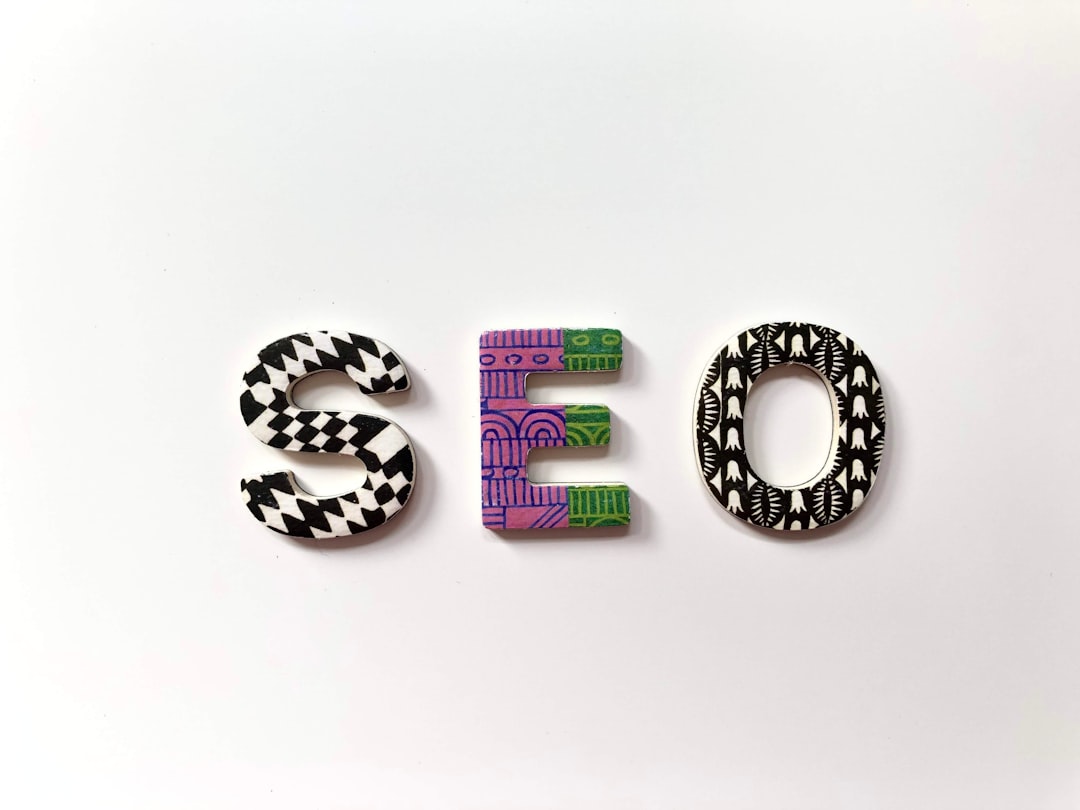When it comes to search engine optimization (SEO), website owners and developers often focus on keywords, backlinks, meta descriptions, and content quality. While all of these are critical elements, there’s another less obvious factor that holds significant weight: the structure of your URLs. Improper URL structures can silently harm your site’s chances of ranking higher in search engine results pages (SERPs), affecting both your visibility and user experience.
What exactly is a URL structure? At its core, a URL (Uniform Resource Locator) is the address that tells browsers where to find resources on your site. A good URL should be clean, descriptive, and logically organized. Think of it as a roadmap—not only for users but also for search engines like Google, Bing, and Yahoo.
How Poor URL Structures Can Affect Rankings
Let’s explore some specific ways that a flawed URL structure can negatively impact your SEO:
- Lack of keyword relevance: URLs that don’t include relevant keywords miss a valuable opportunity to signal content topics to search engines. For example,
www.example.com/page1?id=123provides no context, whereaswww.example.com/organic-coffee-beansclearly indicates the page content. - Dynamic or messy URLs: Long, dynamically generated URLs with multiple parameters (e.g.,
example.com/index.php?product=25&cat=7) confuse search engines and deter users from clicking. Clean URLs are easier to read and share. - Keyword stuffing: Just as keyword stuffing in content is frowned upon, overloading a URL with keywords (e.g.,
www.site.com/seo-tips-seo-tools-seo-guides) looks spammy and can harm rankings. - Broken or outdated URLs: Incorrect URLs that lead to 404 error pages or redirect loops cause SEO issues. They indicate a poorly maintained site and hurt user experience.
- Case sensitivity and inconsistent formatting: URLs that function differently with uppercase and lowercase characters (e.g.,
/Productsvs/products) can create duplicate content issues.

Why URL Structure Matters to SEO
Search engines don’t just crawl content—they analyze how it’s presented, organized, and accessed. A well-structured URL can do the following:
- Improve crawl efficiency: Search engine bots use links to crawl your website. A predictable and hierarchical URL structure makes this process smoother and faster, maximizing your site’s index coverage.
- Enhance user trust: Descriptive, readable URLs make users more likely to click your links because they know what to expect on the destination page.
- Facilitate site navigation: Clear URL paths help users understand where they are in your website’s hierarchy, aiding both usability and user retention.
Additionally, properly structured URLs are more likely to be used in anchor text and shared on social platforms with preservation of context, improving your site’s off-page SEO value.
Common Mistakes to Avoid
Here are some URL structure mistakes frequently made by site owners and developers:
- Using session IDs in URLs: These create duplicate content issues and dilute your page authority as every session might generate a new URL.
- Ignoring canonical tags: When multiple URLs serve the same content, failing to use canonical links confuses search engines about which page to prioritize in rankings.
- Neglecting hyphens for word separation: Using underscores or no separators at all (e.g.,
/bestSEOtips) reduces readability and can impact how search engines interpret the URL’s meaning.
Best Practices for SEO-Friendly URLs
Keeping your URLs SEO-friendly doesn’t have to be complicated. Follow these best practices to stay on the right track:
- Use lowercase letters
- Include relevant keywords without stuffing
- Use hyphens to separate words
- Keep URLs as concise as possible
- Avoid unnecessary parameters and special characters
- Implement redirects carefully to preserve link equity

Conclusion
Your URL structure might seem like a small detail in the grand scheme of SEO, but it plays a critical role in how search engines perceive and rank your website. A clean, readable, and logical URL not only improves your chances of ranking higher but also enhances the user experience, making your site more engaging and trustworthy. By understanding the pitfalls of poor URL structures and implementing best practices, you can strengthen your SEO foundation and set your website up for long-term success.
